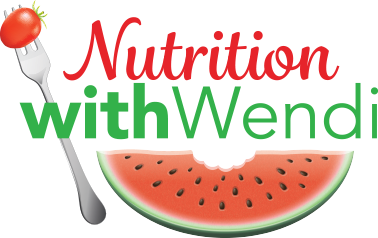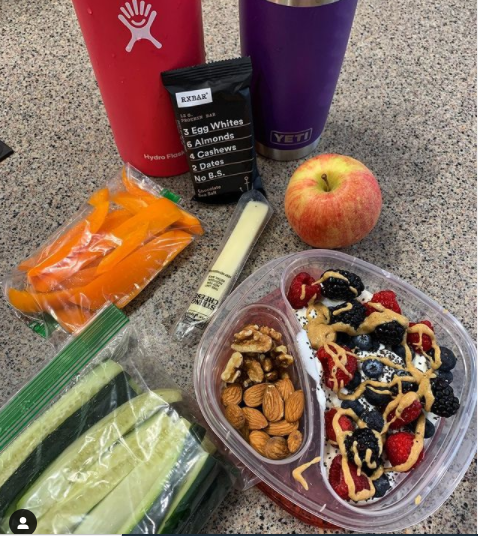
Category youth athlete


Nutrient Timing for Athletes: What to Eat and When to Eat it!
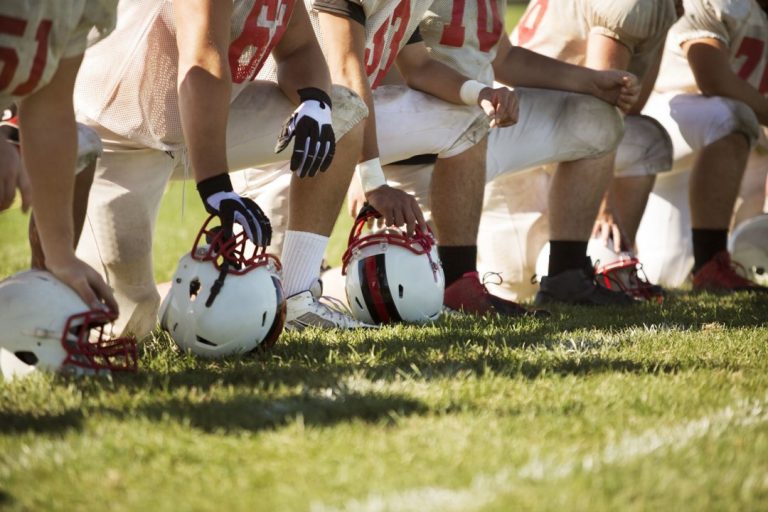
Refueling Tips For Young Athletes

A Complete Guide to Healthy Eating Out For Student Athletes and Adults

Hormone Health for Athletes
If you’re an athlete, your hormone levels are crucial to your performance and overall health! Imbalances in your hormone levels can negatively impact your recovery, short- and long-term performance, and mental health. Young athletes in a developmental growing phase should…
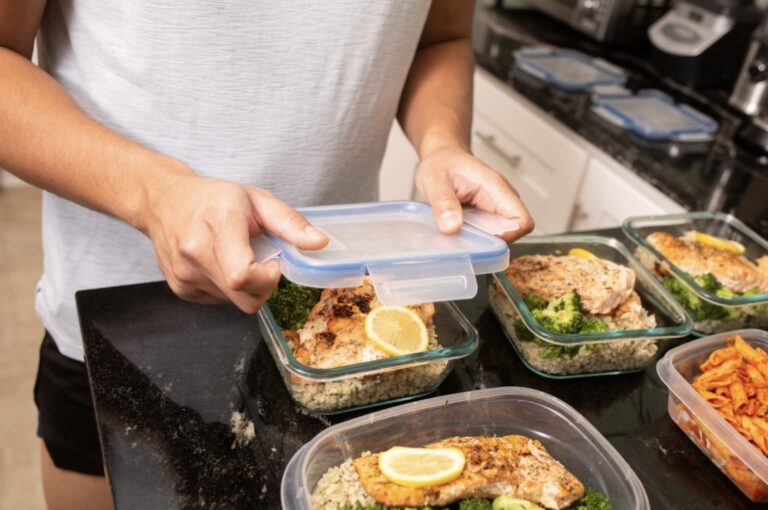
Fueling Victory: 5 Tips for Athletes and Families Meal Prepping on a Budget
For athletes, proper nutrition is the cornerstone of peak performance. Whether you’re a student athlete, seasoned competitor, or a weekend warrior, meal prepping can be a game-changer when it comes to meeting your nutritional needs. Here are five key tips…

What to Eat the Night Before a Game?
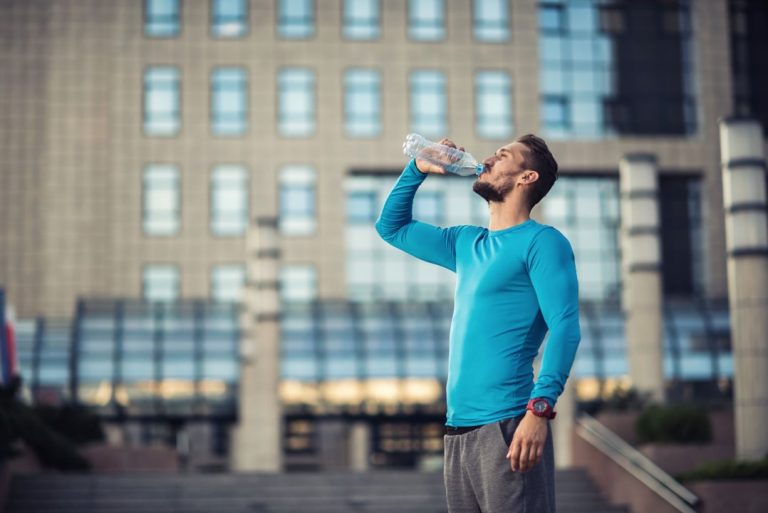
7 Hydration Tips for Young Athletes and Active Adults

Macronutrients 101
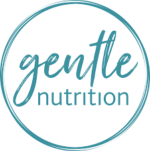
Gentle Nutrition: A Non-Diet Approach to Healthful Eating

Food Freedom Made Simple
Food Freedom Made Simple A term you may see a lot of on social media lately is “food freedom”. This ideology, if you will, is combatting old practices of dieting and instead giving individuals the freedom to eat foods without…

